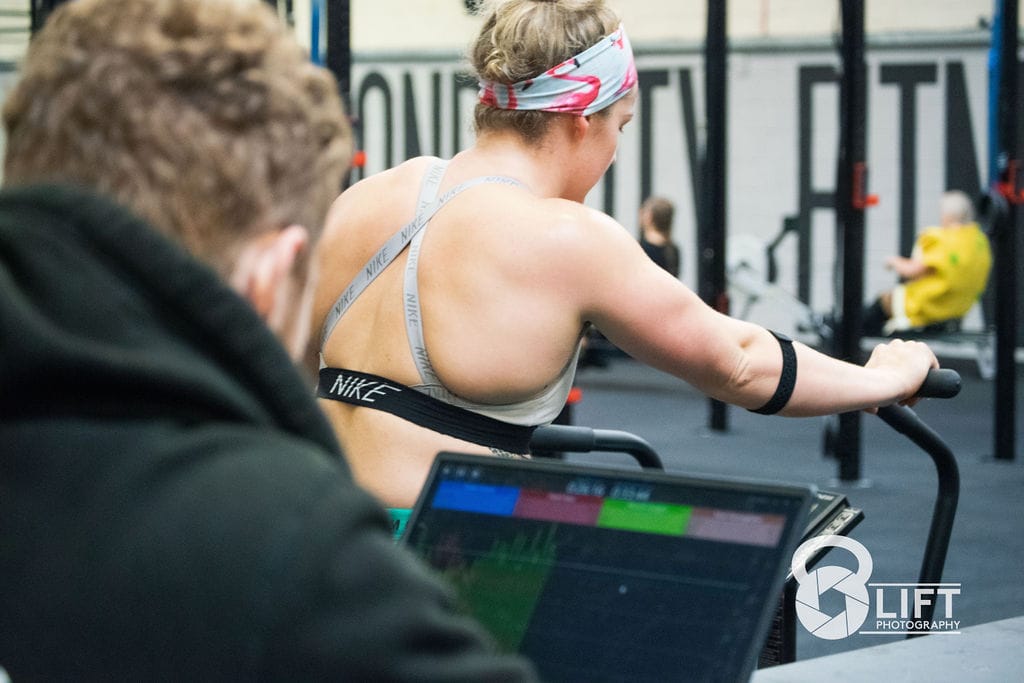How much an athlete should eat can be a contentious subject and without context almost every answer can be dismissed (usually because the person giving the answer is selling a product that they want people to eat or drink!).
But if we start from a place of rational thought and break it down slightly, we can get to a real world answer and then also back it up with some scientific data…
Let’s begin with the assumption that an athlete is someone who values performance over aesthetics (and health). We also can logically assume that an athlete’s training (and competing) schedule elevates their demand for energy on a daily basis.
Based on those two ideas it seems obvious to state that an athlete should be consuming as many calories as they can to adequately fuel their training sessions whilst maintaining a favourable body weight and body composition for their sport.
If an athlete is undereating then their performances will suffer as they struggle to recover from their training load.
If an athlete is overeating then their performance may suffer as they gain unwanted weight or bodyfat.
So far we’ve only talked about assumptions, so let’s turn to the science and see what that says…
“Athletes involved in moderate levels of intense training (e.g., 2–3 h per day of intense exercise performed 5–6 times per week) or high volume intense training (e.g., 3–6 h per day of intense training in 1–2 workouts for 5–6 days per week) may expend 600–1200 kcals or more per hour during exercise. For this reason, their caloric needs may approach 40–70 kcals/kg/day (2000–7000 kcals/day for a 50–100 kg athlete). For elite athletes, energy expenditure during heavy training or competition will further exceed these levels. For example, energy expenditure for cyclists to compete in the Tour de France has been estimated as high as 12,000 kcals/day (150–200 kcals/kg/day for a 60–80 kg athlete).”
In our last post where we talked about the 70kg person training 3 times a week for 30 minutes probably needing somewhere between 1750 and 2450 calories per day. Now we could have the same person moving up to needing to eat in the range of 2800 and 4900 calories per day if they up their training load to 2-3 hours a day 5-6 days a week!
The piece about the Tour de France riders included in that quote is just to put into perspective how demanding something like that is and how much those riders need to eat just to be able to survive, let alone thrive!
You could, at this point, reasonably ask the question, ‘why did they write about athletes training 2-3 hours a day 5-6 days a week when there are very few of those in the general population?’
These numbers are here as a reference point and are taken from science. We haven’t just made them up, nor have we defined how much and how often athletes are training. We’re using them as pieces of a larger puzzle and to help you ask better questions of yourself. Such as:
Am I eating enough to do what I want to do?
2000 calories a day and 5 training sessions a week is probably not a recipe for success.
Am I eating too much to do what I want to do?
3000 calories a day and 3 training sessions a week is probably not going to move your body fat levels down much.
Do I know how much I should be eating based on my goals and lifestyle?
Do I need help?
If you want to talk to someone about your nutrition then drop us an email to info@secondcityfitness.com so that one of the team can get in touch with you to discuss how best we can help you.
As a side note, a goal for all nutrition clients here at SCFIT, regardless of their goal, is to have them eating as much food as possible without negatively impacting on their progress. It tends to keep people fuller and happier, but also makes any kind of dieting (or cutting) phase a lot easier as there is more to take from without leaving people super hungry and cranky!

